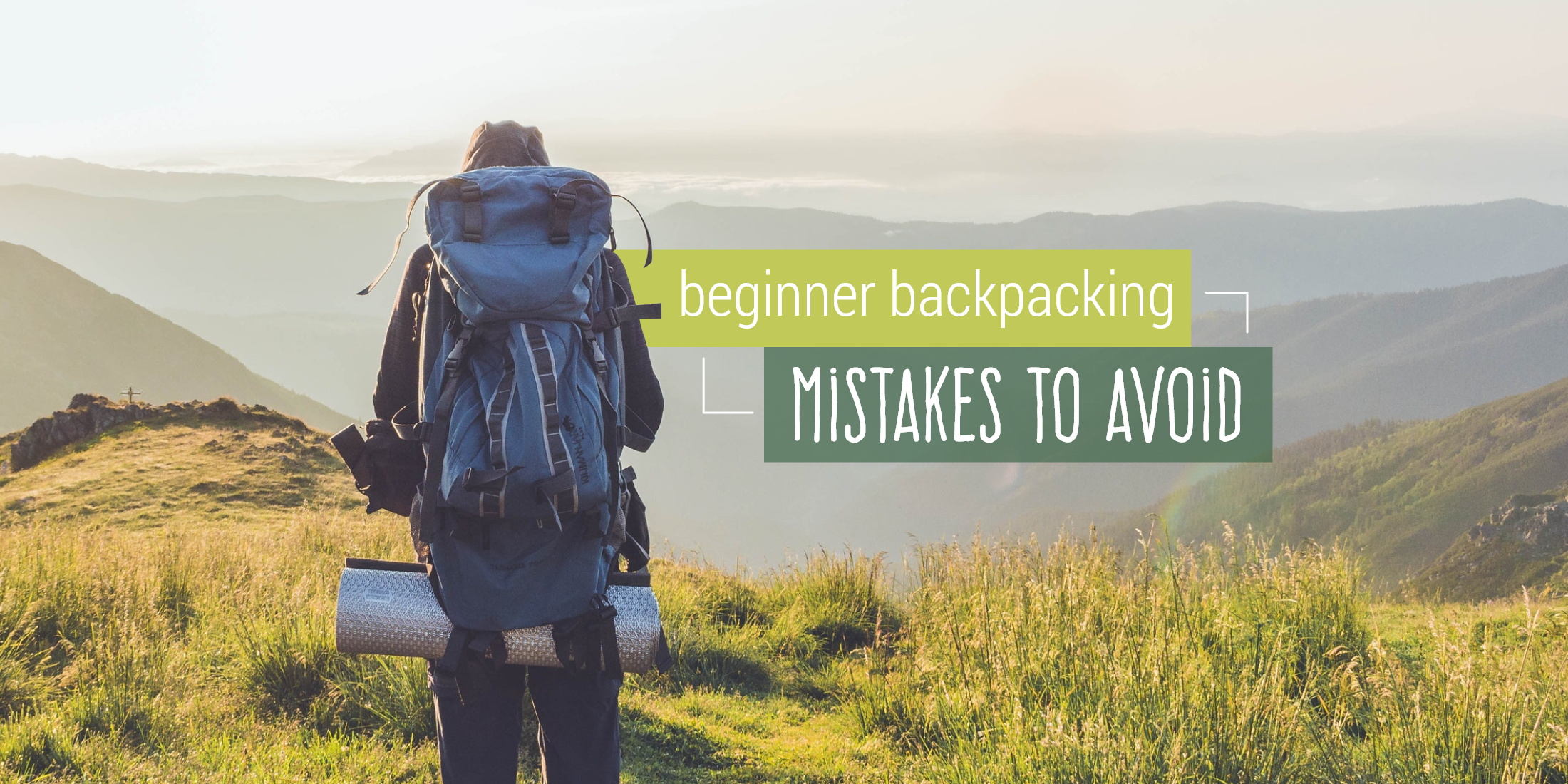Are you planning to go on a backpacking trip for the first time? Backpacking can be an exhilarating experience, but it can also be overwhelming and challenging for beginners. From packing the right gear to navigating trails, there are many skills you need to master to ensure a successful backpacking trip.
In this article, we will discuss essential skills that beginners need to master to avoid common beginner backpacking mistakes. By the end of this article, you will have a better understanding of what to expect on a backpacking trip and how to prepare for it.
Table of Contents
Plan Your Trip Carefully
One of the most common Beginner Backpacking Mistakes is not planning the trip carefully. Before you hit the trail, make sure you have a detailed plan in place. Research the area where you will be backpacking, including the weather, terrain, and wildlife.
Make sure you have the necessary permits and reservations if required. Plan your route and know how long it will take you to complete it. Also, make sure to inform someone of your itinerary, including your expected return date and time.
Choose the Right Gear
Having the right gear is essential for a successful backpacking trip. However, many beginners make the mistake of packing too much or bringing the wrong gear.
When choosing your gear, consider the climate, terrain, and length of your trip. Invest in a good quality backpack that fits comfortably and can hold all your gear. Make sure to pack essentials such as a tent, sleeping bag, cooking gear, and a first aid kit.
Practice Proper Packing
Packing your backpack can be a challenging task, especially for beginners. One common mistake is packing too much or not packing strategically.
When packing, consider the weight distribution and make sure to pack heavy items close to your back. Use stuff sacks to keep your gear organized and easily accessible. Also, make sure to pack your essentials in a way that they are easily accessible on the trail.
Learn Navigation Skills
Navigation skills are essential for backpacking. Beginners often rely on GPS or their smartphones for navigation, which can be risky in areas without cell service.
Learn how to read a map and use a compass before hitting the trail. Practice these skills before your trip to ensure you are confident in your abilities. Also, make sure to bring a map and compass with you on the trail, even if you plan to rely on technology.
Know Your Limits
Another common beginner backpacking mistake is overestimating your abilities. It’s essential to know your limits and plan your trip accordingly.
Consider your fitness level, experience, and the difficulty of the trail when planning your trip. Start with shorter hikes and work your way up to longer trips as you gain experience. Don’t be afraid to turn back or change your itinerary if you feel uncomfortable or unsafe.
Leave No Trace
When backpacking, it’s essential to leave no trace. The backpacking beginner makes the mistake of not following proper wilderness ethics.
Follow the seven principles of Leave No Trace, including packing out all trash, using established campsites, and respecting wildlife. Leave the wilderness as you found it to preserve it for future generations.
Practice Good Hygiene
Hygiene is important when backpacking, but many beginners overlook it. Proper hygiene can help prevent illness and keep you comfortable on the trail.
Bring biodegradable soap and use it to wash your hands and dishes. Brush your teeth away from water sources and pack out your waste. Bring baby wipes or hand sanitizer to clean yourself when showers are unavailable.
Check the Weather
Weather can be unpredictable in the wilderness, and it’s essential to check the forecast before your trip. Many beginners make the mistake of not checking the weather or underestimating its impact on their trip.
Check the weather forecast a few days before your trip and pack accordingly. Bring appropriate clothing, such as rain gear and warm layers, to prepare for unexpected changes in weather.
Stay Safe
Safety should always be a top priority when backpacking. Many beginner backpacking mistakes make the mistake of taking unnecessary risks or not being prepared for emergencies.
Learn basic first aid skills before your trip, including how to treat blisters, cuts, and sprains. Bring a first aid kit and know how to use it. Also, make sure to carry a whistle and a signaling device in case of an emergency.
Stay Positive
Backpacking can be a challenging and sometimes uncomfortable experience, especially for beginners. Many beginners make beginner backpacking mistakes of focusing on the negatives and not enjoying the journey.
Remember to stay positive and enjoy the experience. Take time to appreciate the beauty of the wilderness, and don’t let small setbacks ruin your trip. Keep an open mind and embrace the challenges as an opportunity for growth and learning.
Conclusion – Beginner Backpacking Mistakes
Backpacking for beginners can be a rewarding and unforgettable experience, but it requires preparation and the right skills. By planning your trip carefully, choosing the right gear, and practicing proper packing, you can avoid common beginner backpacking mistakes. Colorado Backpacking for Beginners: Everything You Need to Know to Get Started.



